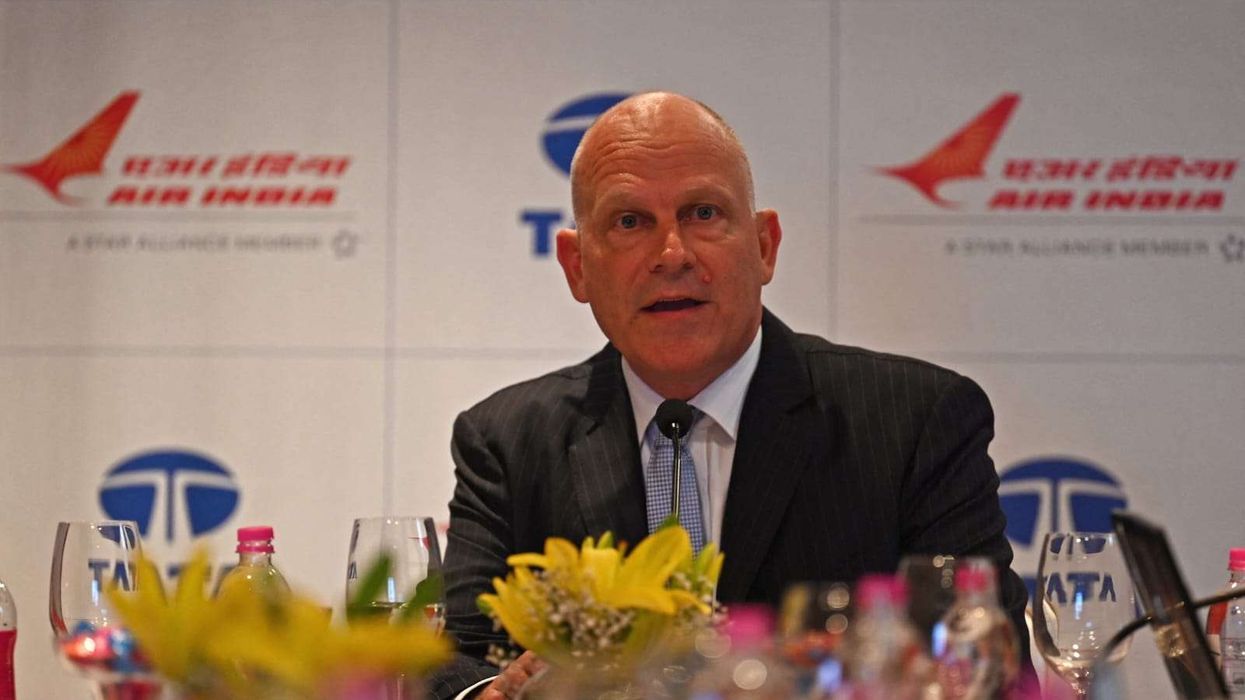COMMODITY trading firm, Trafigura, has paid a record $3 billion (£2.4bn) dividend to its 1,200 private shareholders after registering record profits, reported The Times.
The Singapore-based company booked a £459 million charge for the first half of this year because of what it said was 'systematic fraud' by a group of companies controlled by Indian tycoon Prateek Gupta, including TMT Metals and the UD Trading Group.
Trafigura initiates legal proceedings against Gupta after it alleged there was no nickel in some containers it had bought from his companies.
Despite this, the company’s net profits more than doubled from £1.4bn to £4.4 bn in the six months ended March 31. It also generated earnings before interest, tax, depreciation and amortisation of £6.4bn.
However, revenues fell by 23 per cent to £104.5bn amid a decline in commodity prices and lower trading volumes, The Times report further said.
Trafigura's CEO and executive chairman, Jeremy Weir, emphasised the indispensable role of the industry in achieving a low-carbon economy. With its extensive knowledge in global supply chain management and their investment in low-carbon fuels like hydrogen and transition metals, Trafigura is poised to play a crucial part in facilitating this transition, Weir added.
Trafigura trades billions of barrels of oil and petroleum products every year and is a leading trader of metals and minerals.
Nickel is essential for stainless steel and lithium-ion batteries. For many years, Trafigura has been trading with Gupta companies. However, the trader became suspicious about its cargos when some were delayed last year.
Independent investigators hired by Trafigura discovered lower-value products in a container delivered to Rotterdam. Later, Trafigura clarified no involvement of its employees, while Gupta's representatives assert they are preparing a strong response to the fraud allegations.
Earlier this month, reports said that Gupta plan to ask a London court for a two-week extension to file a challenge to a £497m global freezing order on him.
Last month, a London judge agreed to extend a freezing order on assets of the wife of Gupta, Ginni, in addition to the freezing order which was already in place.
Lawyers for both sides agreed that Ginni was not alleged to have committed any offences, although a Trafigura lawyer added they did not believe she was "a wholly innocent bystander".
The freezing order on Gupta was imposed on April 25 on two assets, a house in Dubai in which the couple are believed to live, and Silver Star SPC, a Cayman Islands investment fund, a court document by Trafigura's lawyers said.
A London court imposed the first freezing order on February 8 on bank accounts and other assets tied to Gupta and seven companies Trafigura said are controlled by him, including in Britain, Singapore, Malaysia and Switzerland.
The group employs more than 8,500 people across 80 offices worldwide and also owns shipping, logistics and industrial operations.













